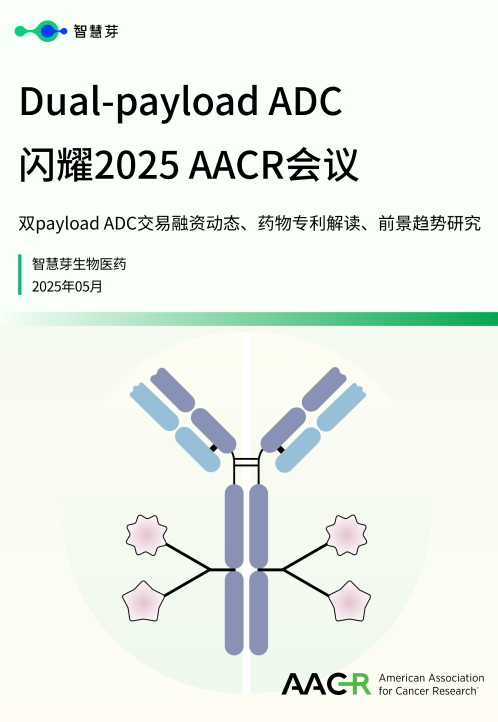预约演示
Marea launches with $190m to develop cardiometabolic therapies
2024-06-19
临床2期临床1期并购临床结果上市批准
The asset aims to enhance the activity of lipoprotein lipase in adipose tissue, which is expected to reduce cardiovascular events. Credit: OlgaKraemer / Shutterstock.
Clinical-stage biotechnology company Marealipoprotein lipaselaunched with funding of $190m secured through combined Series A and B rounds to develop cardiometabolic disease treatments.
Third Rock Ventures spearheaded the SMarea Therapeuticsround while the Series B round was led by Sofinnova Investments.cardiometabolic disease
Third Rock Ventureses B round were Forbion and the Perceptive Xontogeny Venture Fund, alongside vSofinnova Investmentsarticipants were Alpha Wave Global, Omega Funds, Surveyor Capital and Third Rock Ventures, the founding investor.
These investments will be used to advance the Phase II development of MAR001 and additional pipeline programmes.Omega FundsThird Rock Ventures
A lead programme of the company, MAR001 is a monoclonal antibody that MAR001s ANGPTL4, a protein prevalent in adipose tissue.
By hindering ANGPTL4, the asset aims to enhance the activity of lipoprotein lipase in adipose tissue, which is expected to lower remnant cholesterol levels, enhance metabolic function and potentially reduce cardiovascular events.
AbbViet cholesterol, which is assoLandos Biopharmalyceride-rich lipoproteins, is known for its atherogenic properties and its role in driving cardiovascular events, independent of other risk factors such as diabetes, LDL cholesterol or obesity.
There are currently no targeted therapies available to lower remnant cholesterol and improve metabolic function.
In preclinicaANGPTL4s, MAR001 demonstrated promising results, inlipoprotein lipasede reductions, remnant cholesterol and ectopic fat, as well as improved insulin sensitivity.
Marea CEO Josh Lehrer stated: “Marea aims to transform the way cardiometabolic diseases are treated by leveraging large-scale human genetics and expertise in adipose function and biology to pursue genetically validated targets focusing on central – but unaddressed – drivers of cardiometabolic disease risk.
“This approach could beMAR001ext frontier for patients with cardiometabolic disease who remain at very high risk, despite currently available therapies.”
更多内容,请访问原始网站
文中所述内容并不反映新药情报库及其所属公司任何意见及观点,如有版权侵扰或错误之处,请及时联系我们,我们会在24小时内配合处理。
药物
Eureka LS:
全新生物医药AI Agent 覆盖科研全链路,让突破性发现快人一步
立即开始免费试用!
智慧芽新药情报库是智慧芽专为生命科学人士构建的基于AI的创新药情报平台,助您全方位提升您的研发与决策效率。
立即开始数据试用!
智慧芽新药库数据也通过智慧芽数据服务平台,以API或者数据包形式对外开放,助您更加充分利用智慧芽新药情报信息。




